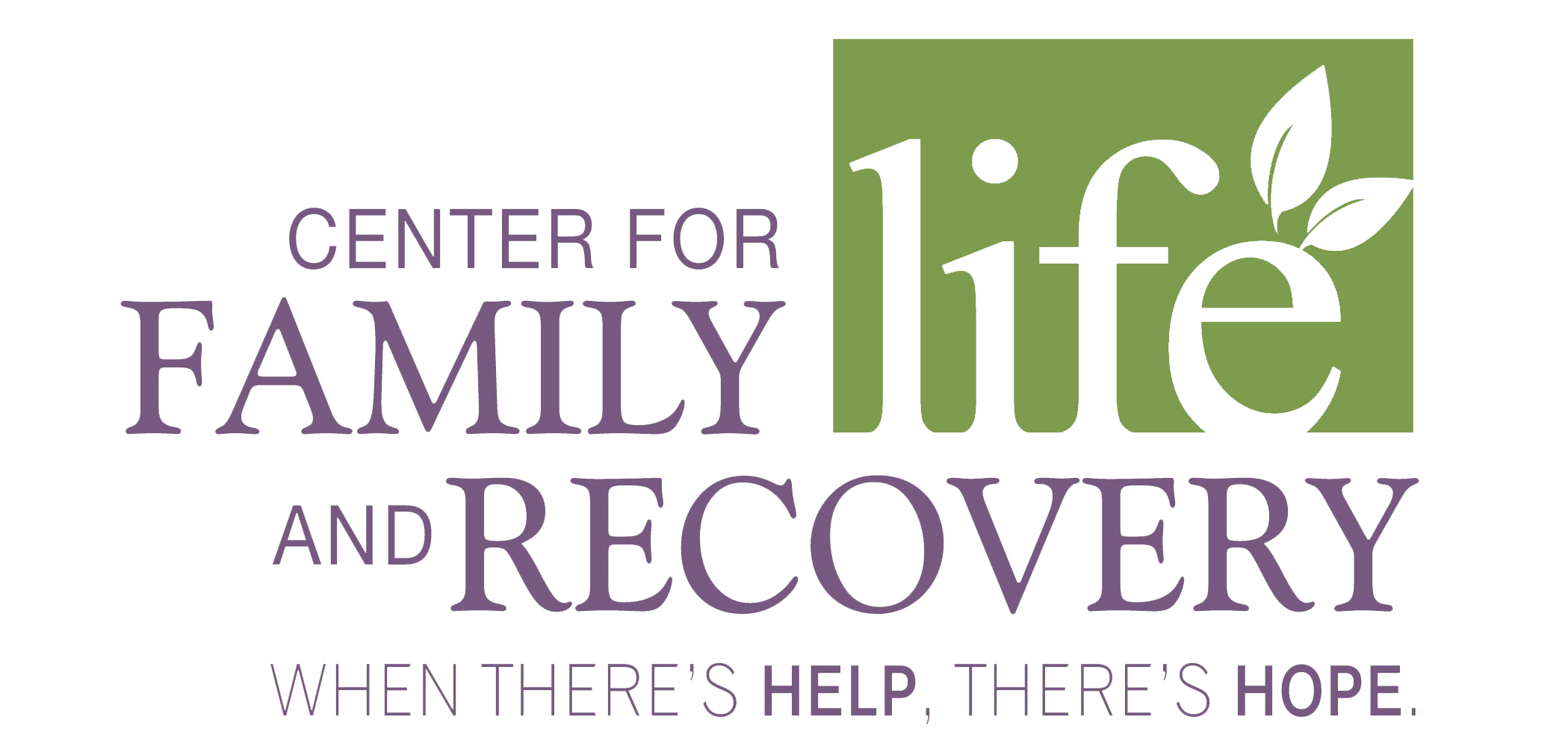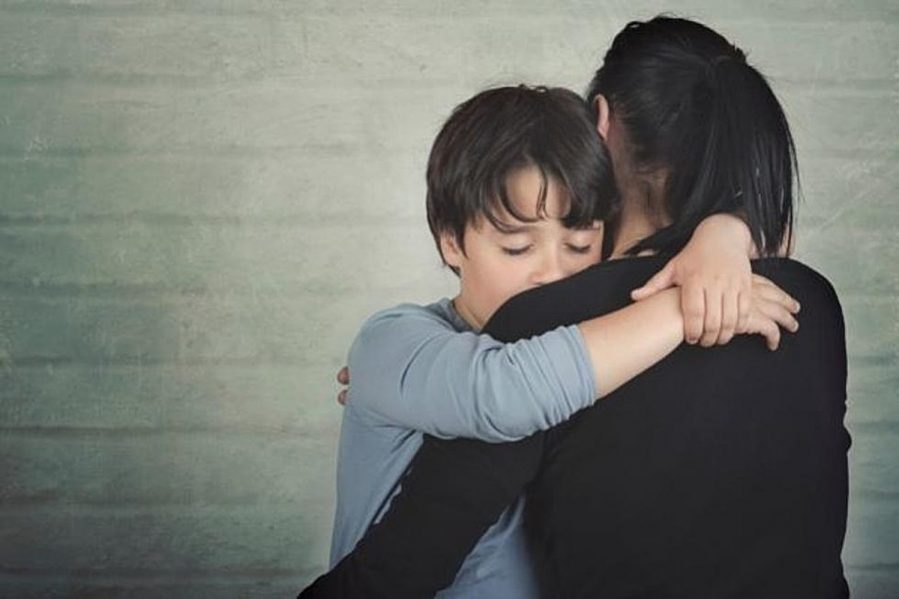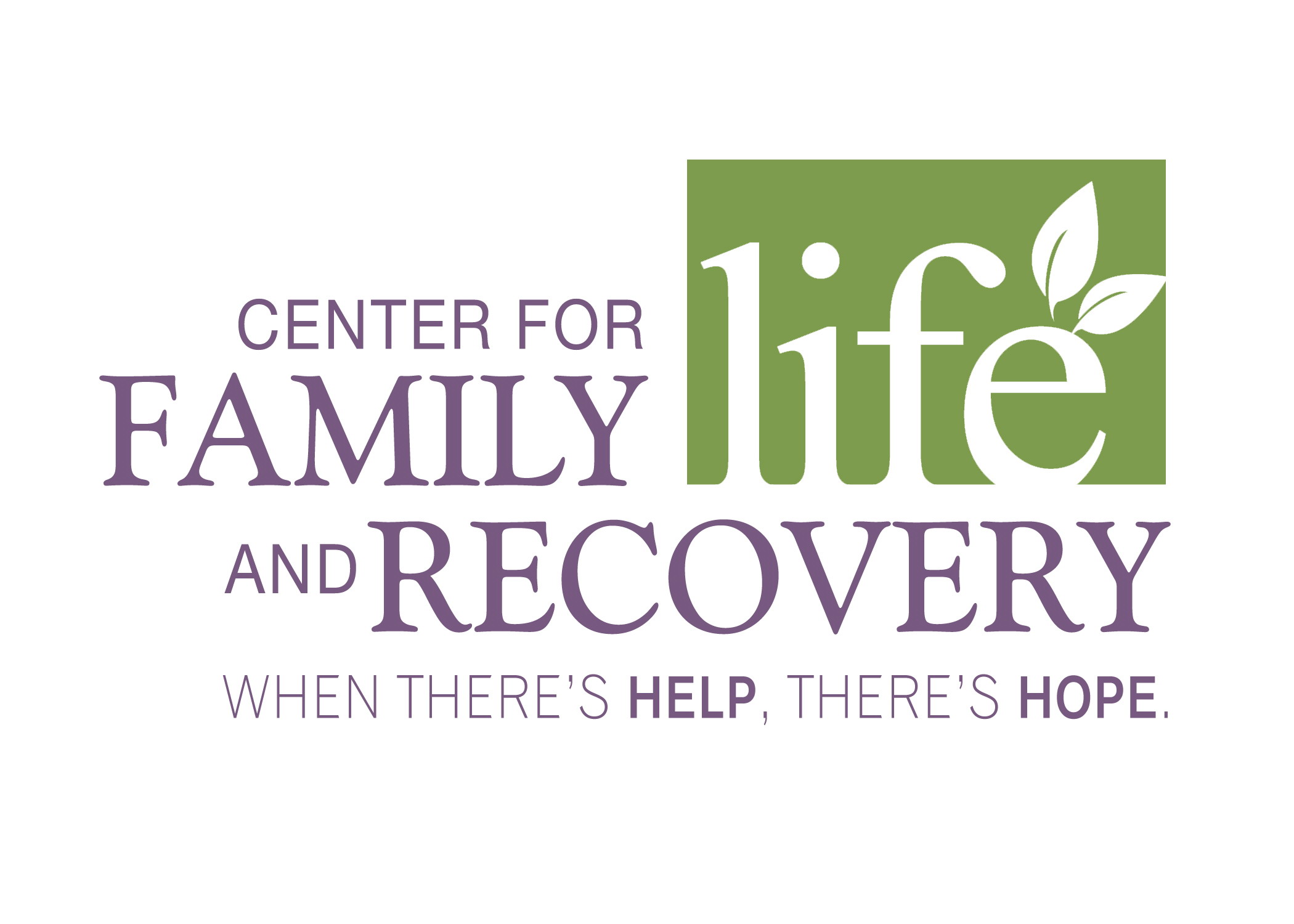Navigating the world can be challenging as an adult! Having the responsibility of helping to raise happy, healthy children surely adds to the stress of being a grown up. As news continues to flood our minds on a 24/7 basis, and we are bombarded with technology and social media, it seems that we have little room for joy in our lives. Daily traumatic events can take their toll on even the most resilient of individuals. So how do we take care of ourselves AND take care of the children in our lives?
Children and adolescents are strongly influenced by how adults respond to trauma. Caregivers and family members can provide better care to others when they support their own ability to cope.
According to the American Psychological Association, in the days and weeks following a trauma, it’s common for people to have a flurry of unpredictable emotions and physical symptoms. Recognizing that these feelings are normal for adults, adolescents and children will help you better cope with your own feelings after an event. These feelings can include:
- Sadness
- Feeling nervous, jumpy, or on high alert
- Irritability or anger
- Difficulty sleeping
- Relationship problems
- Intrusive thoughts, flashbacks, or nightmares
- Trouble feeling positive emotions
- Avoiding people, places, memories, or thoughts associated with the traumatic event
In most cases, these symptoms improve over time. However, some people experience more intense symptoms that don’t go away on their own. If these feelings persist and interfere with your everyday life, it is important to reach out to a professional.
The good news is that there are very effective ways to cope with and treat the stressful effects of trauma. Psychologists and other researchers have found that these actions can help:
- Lean on your loved ones. Identify friends or family members for support. If you feel ready to discuss the traumatic event, you might talk to them about your experience and your feelings. You can also ask loved ones to help you with household tasks or other obligations to relieve some of your daily stress.
- Face your feelings. It’s normal to want to avoid thinking about a traumatic event. But not leaving the house, sleeping all the time, isolating yourself from loved ones, and using substances to escape reminders are not healthy ways to cope over time. Though avoidance is normal, too much of it can prolong your stress and keep you from healing. Gradually, try to ease back into a normal routine. Support from loved ones or a mental health professional can help a lot as you get back in the groove.
- Prioritize self-care. Do your best to eat nutritious meals, get regular physical activity, and get a good night’s sleep. And seek out other healthy coping strategies such as art, music, meditation, relaxation, and spending time in nature.
- Be patient. Remember that it’s normal to have a strong reaction to a distressing event. Take things one day at a time as you recover. As the days pass, your symptoms should start to gradually improve.
** American Psychological Association
How can we ensure that children thrive, regardless of traumatic events? By creating a safe and supportive environment, remaining calm, and reducing stressors, caregivers and family members can help. It is critical for children and adolescents to know that their family members love them and will take care of them. Below are a few ways to help children process traumatic events:
- Allow them to be sad or cry.
- Let them talk, write, or draw pictures about the event and their feelings.
- Limit their exposure to repetitive news reports about traumatic events.
- Let them sleep in your room (for a short time) or sleep with a light on if they are having trouble sleeping.
- Try to stick to routines, such as reading bedtime stories, eating dinner together, and playing games.
- Help them feel in control by letting them make some decisions for themselves, such as choosing their meals or picking out their clothes.
- Pay attention to sudden changes in behaviors, speech, language use, or strong emotions.
Contact a health care provider if new problems develop for an adult or a child, particularly if any of the following symptoms occur for more than a few weeks:
- Having flashbacks (reliving the event)
- Having a racing heart and sweating
- Being easily startled
- Being emotionally numb
- Being very sad or depressed
Taking care of yourself is the first step in being able to take care of others! Find ways to unplug and get outside. Keep healthy routines in place for you and your loved ones and do not hesitate to ask for help if you need it!
Where can I find help?
National Institute of Mental Health
**The Substance Abuse and Mental Health Services Administration (SAMHSA) offers a Disaster Distress Helpline, which provides immediate crisis counseling for people who are experiencing emotional distress related to any natural or human-caused disaster. The helpline is free, multilingual, confidential, and available 24 hours a day, 7 days a week. You can call or text the helpline at 800-985-5990 or visit the Disaster Distress Helpline website.
SAMHSA provides the Behavioral Health Treatment Services Locator, an online resource for locating mental health treatment facilities and programs in your state. For additional resources, visit NIMH’s Help for Mental Illnesses webpage.
If you, your child, or someone you know is in immediate distress or is thinking about hurting themselves, call the National Suicide Prevention Lifeline toll-free at 1-800-273-TALK (8255). You also can text the Crisis Text Line (HELLO to 741741) or use the Lifeline Chat on the National Suicide Prevention Lifeline website.


